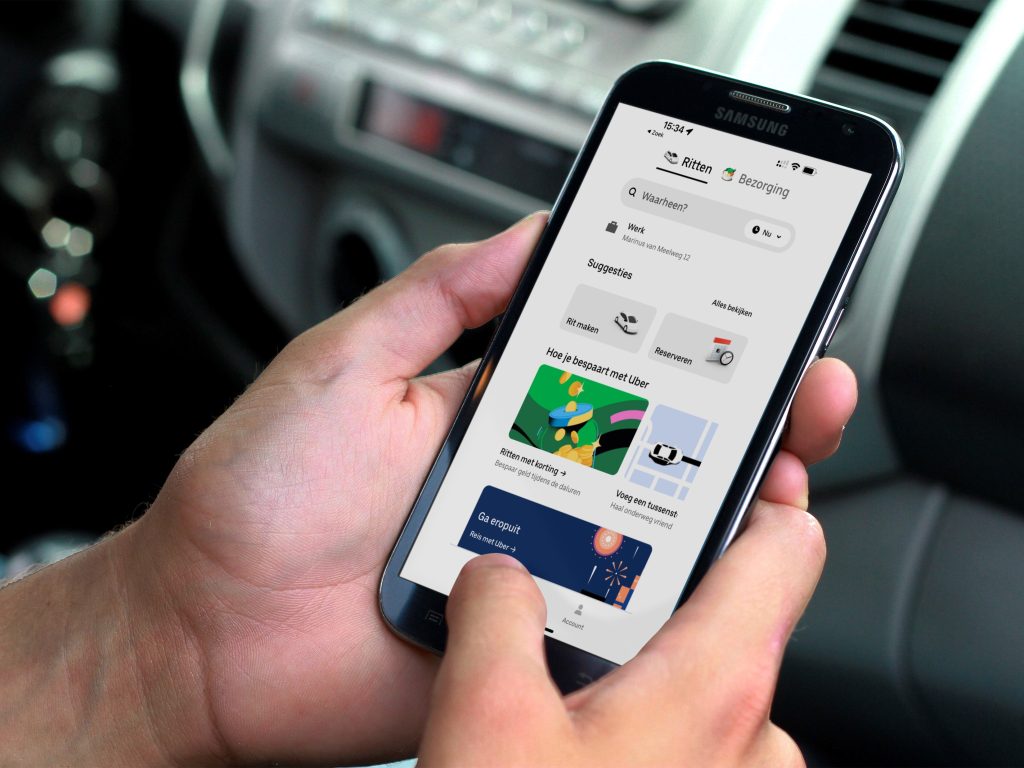A significant case has emerged in the courts of Victoria that is attracting the attention of both the technology and legal communities. Uber is accused of serious misconduct, including corporate espionage and hacking into competitors' systems.
This concerns the complaint by Taxi Apps, the company behind the Australian taxi application GoCatch, against the world-famous ride-sharing giant Uber. The lawsuit, currently before the Supreme Court of Victoria, highlights serious allegations of illegal competitive practices and corporate espionage.
The Guardian makes notification that according to Taxi Apps, Uber deliberately and with insider knowledge launched its UberX service in Australia, despite this being in violation of local law, with the stated aim of pushing GoCatch out of the market. The core of the allegations extends beyond illegal operation of a ride-sharing service to accusations of corporate espionage and hacking into competitor systems.
Internal Uber emails, presented by Taxi Apps lawyer Michael Hodge KC, appear to be this claims to support. This communication shows that Uber employees discussed strategies to thwart investigations by the New South Wales Roads and Maritime Services. For example, there was talk of activating a 'kill switch' to prevent the authorities from gaining access to requested documents, and wrongly invoking privacy legislation to stall for time.
A particular point of attention in this lawsuit is the use of a spyware tool called “Surfcam” by Uber. This tool was used to steal data from GoCatch drivers, including names and phone numbers, after which Uber actively approached these drivers without revealing how they obtained this information.

Taxi Apps, an Australian startup that developed the taxi-ordering app GoCatch, has filed a 196-page statement of claim in the Supreme Court of the State of Victoria, alleging that Uber deliberately illegally launched UberX in Australia in 2014.
The case casts a shadow over Uber's practices in its early years of expansion, with the company reportedly not shying away from using aggressive and potentially illegal tactics to overcome its competition. Uber has denied the charges and said it will defend the case “vigorously.”
The court will also review UberX's launch in New South Wales in April 2014, a period when peer-to-peer ridesharing was not yet legal in the state. This aspect of the case underlines the complexity of the regulations surrounding new technologies and the way companies like Uber navigate – and sometimes push the boundaries – of what is legally permissible in their pursuit of market dominance.
The allegations against Uber are serious and raise questions about the ethics of business strategies in the tech industry. As the trial progresses, it will undoubtedly provide greater insight into the challenges and conflicts that arise when innovative technologies challenge the established order.




